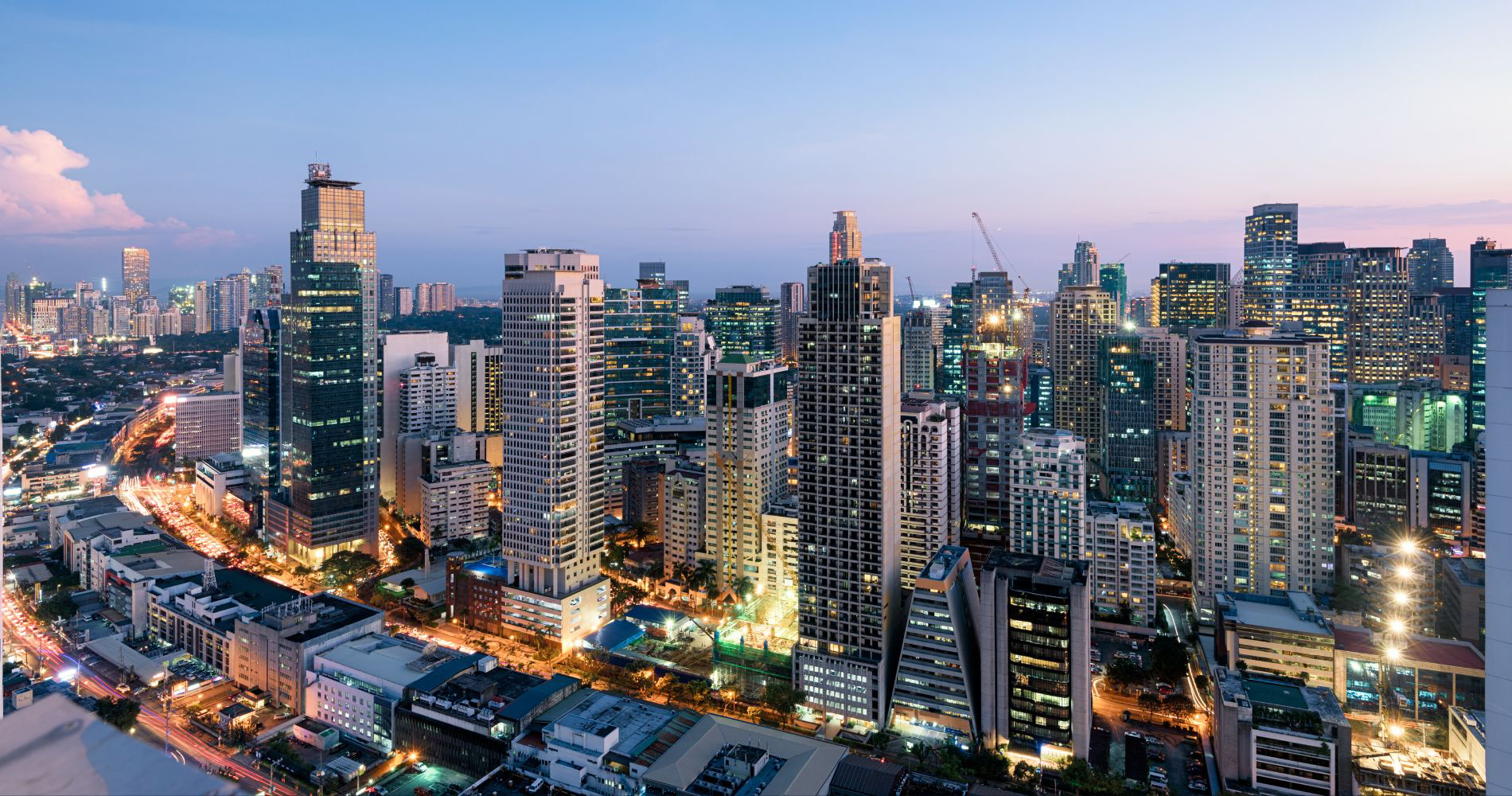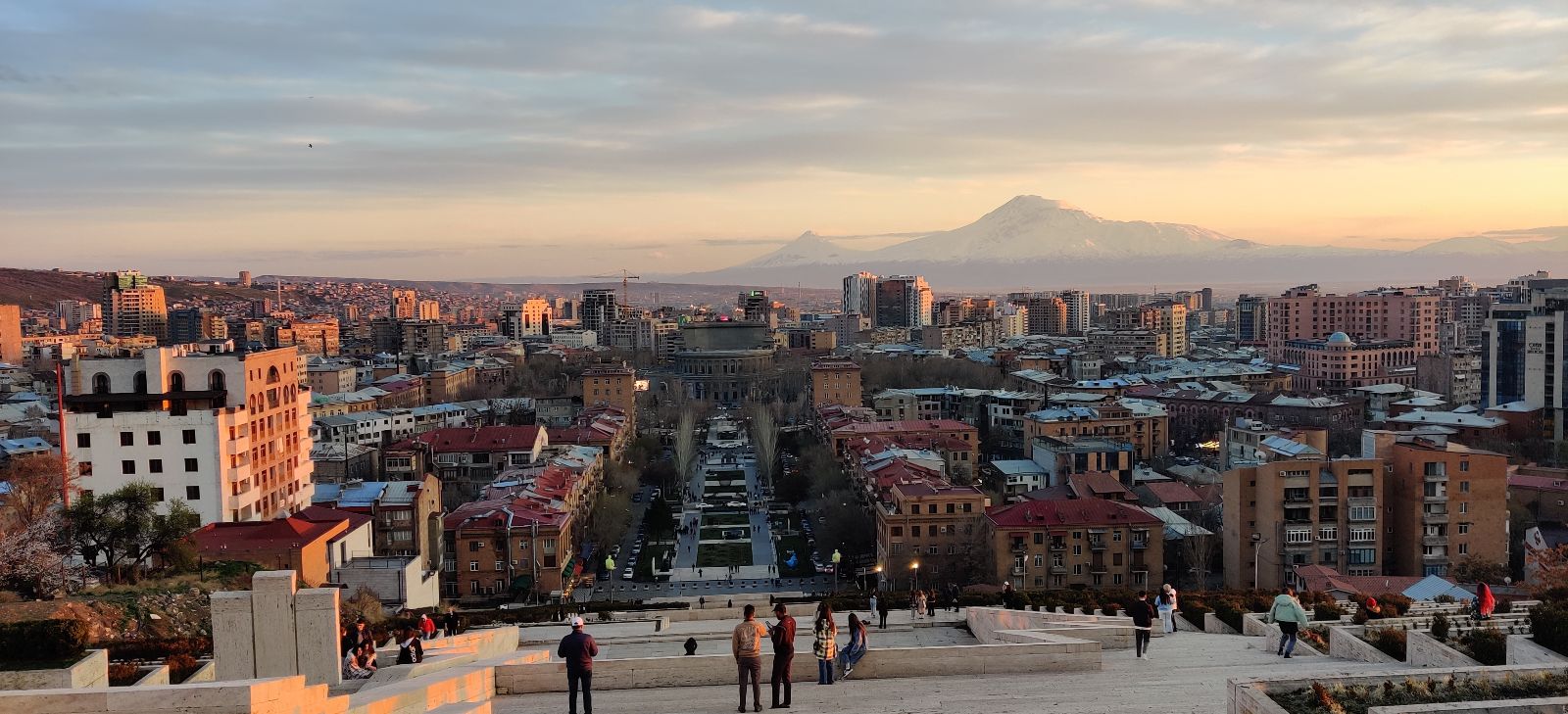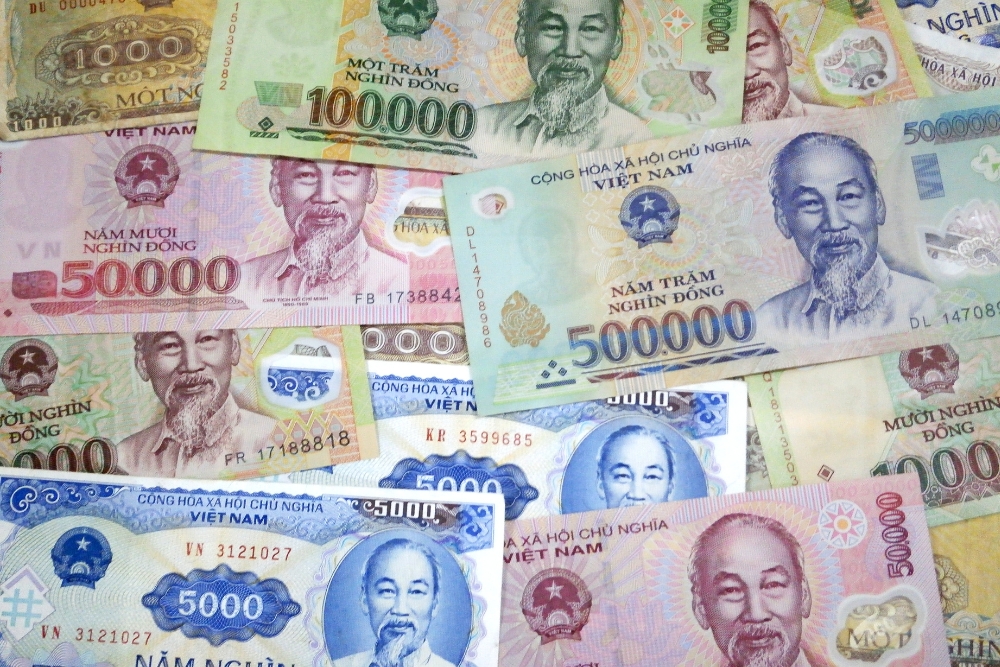As global companies eye Indonesia—the largest economy in Southeast Asia—for expansion, one of the most critical considerations is understanding the salary landscape. With a population of over 270 million and a workforce that’s experiencing rapid growth, Indonesia presents exciting job opportunities for foreign businesses seeking cost-effective talent. However, navigating salaries in Indonesia requires a closer look at the evolving wage trends, regional differences, and industry-specific benchmarks.
In 2024, the average monthly salary in Indonesia ranges widely depending on factors like experience, education, and location. Urban centers such as Jakarta report higher average salaries compared to rural areas, where minimum salaries are more common. As we look ahead to 2026, modest but consistent salary increases are expected across key sectors.
Here are some key salary insights for businesses exploring Indonesia:
- Average monthly salary in Indonesia (2024): IDR 4.5–6.5 million
- Jakarta salaries are typically 20–40% higher than the national average
- Salary range in Indonesia varies by role, education, and region
- Minimum wage in Indonesia differs by province and is updated annually
- Salaries tend to rise every 16 to 18 months, particularly in high-demand sectors
- Salary comparisons in Indonesia show it remains cost-competitive vs. other Southeast Asian nations
Whether you’re budgeting for entry-level staff or senior professionals, understanding the factors influencing wage in Indonesia is essential for competitive and compliant hiring. This guide will help you:
- Discover the average salary across industries and locations
- Understand salary comparisons in Indonesia vs. regional markets
- Navigate minimum wage laws and employee benefits
- Evaluate the benefits of outsourcing and hiring through an Employer of Record (EOR)
For companies expanding into Indonesia, working with an Employer of Record can simplify recruitment and hiring, ensuring smooth onboarding of employees in Indonesia while aligning compensation with average wages and local compliance requirements.
Whether you’re offering salaries in Indonesian Rupiah (IDR) or planning workforce costs for 2024 and 2026, this article provides the clarity you need to make informed, strategic decisions.
What is the Average Salary in Indonesia 2026
As businesses continue to explore opportunities in Indonesia, understanding the country’s average salaries is essential for effective recruitment and hiring. In 2026, the average monthly salary in Indonesia is projected to be approximately IDR 12,500,000 (roughly USD 790), marking a slight increase from 2024’s national average of IDR 12,100,000, according to Salary Explorer. This upward trend reflects the country’s steady growth, a tightening labor market, and increasing demand for skilled employees in Indonesia.
While this figure represents a national average, it’s important to note that salaries in Indonesia vary widely depending on region, industry, education, and experience level. In major urban centers like Jakarta, average salaries are typically 20–30% higher than the national mean. For instance, an IT specialist or finance manager in Jakarta may earn well above the median salary, while employees in more rural regions or in low-wage sectors such as hospitality may earn closer to the minimum wage level.
Salary Range in Indonesia (2026):
Lowest Average: IDR 3,200,000
Median Salary: IDR 11,700,000
Maximum Salary: IDR 54,000,000+
This wide salary range in Indonesia highlights the diversity of roles and industries in the country. Salary comparisons in Indonesia are best made based on industry and location. For example, sectors like oil & gas, finance, and tech continue to command higher average salaries, while jobs in retail, agriculture, or manufacturing generally offer lower salaries.
Another key trend is the frequency of salary increases, which typically occur every 16 to 18 months. These increases vary depending on company performance, inflation, and employee tenure, and are more generous in competitive industries or roles requiring specialized skills.
Minimum Wage in Indonesia: What Employers Should Know in 2024–2026
When evaluating salaries in Indonesia, understanding the minimum wage framework is crucial for businesses looking to ensure compliance and competitiveness in local labor markets. The minimum wage in Indonesia is not fixed at the national level but is determined regionally, based on the cost of living, inflation, and local economic performance. These wages are reviewed annually and apply to all employees in Indonesia, regardless of industry.
In 2024, the minimum wage in Jakarta—Indonesia’s capital and largest economic hub—was set at approximately IDR 5,067,381 per month. This figure remains among the highest in the country, reflecting the city’s high living costs and economic importance. In contrast, provinces with lower development indicators, such as Central Java or East Nusa Tenggara, have some of the lowest minimum wages, ranging between IDR 2,000,000 and IDR 2,500,000 per month. These regional disparities are a critical part of salary comparison when building a local team.
Minimum wage in Indonesia (2025 Update)
| City | Monthly Minimum Wage (IDR) | Approx. in USD |
|---|---|---|
| Jakarta (DKI Jakarta) | IDR 5,067,381 | ~$305 |
| West Java (Bandung) | IDR 2,075,495 - 4,844,447 | ~$130 - 300 |
| Bali | IDR 2,996,560 | ~$183 |
| East Java (Surabaya) | IDR 2,165,244 - 4,725,479 | ~$132 - 295 |
| Central Java | IDR 2,036,947 | ~$125 |
| Banten | IDR 2,661,280 - 4,661,280 | ~$160 - 290 |
| Yogyakarta | IDR 2,079,810 | ~$128 |
Factors Influencing Minimum Wage in Indonesia
Several elements contribute to how regional wages are set:
- Economic landscape of the province
- Local inflation and living costs
- Productivity and growth of the region
- National labor market strategies and development goals
As a result, salary comparisons in Indonesia can be complex, especially for companies unfamiliar with the country’s regulatory environment. Wage levels not only vary based on industry, but also by geography, job level, and employment terms.
Salary by Industry in Indonesia
Average salaries in Indonesia vary significantly across different industries, influenced by factors such as experience, education, and location. Below is an overview of average monthly salary ranges for key sectors:
High-Paying Sectors (Monthly Salary: IDR 20M – 35M+)
| Industry | Roles | Salary Range |
|---|---|---|
| Digital Marketing & E-commerce | SEO Specialists, E-commerce Managers | IDR 7M – 22M |
| Sustainability & Green Energy | Renewable Energy Engineers, ESG Managers | IDR 10M – 25M |
| Software & IT | Software Engineers, Cybersecurity Specialists | IDR 10M – 22M |
| Human Resources | HR Managers, Recruiters | IDR 15M – 19M |
| Education | University Professors, English Teachers | IDR 9M – 12M |
Mid-Range Sectors (Monthly Salary: IDR 10M – 20M)
| Industry | Roles | Salary Range |
|---|---|---|
| Digital Marketing & E-commerce | SEO Specialists, E-commerce Managers | IDR 7M – 22M |
| Sustainability & Green Energy | Renewable Energy Engineers, ESG Managers | IDR 10M – 25M |
| Software & IT | Software Engineers, Cybersecurity Specialists | IDR 10M – 22M |
| Human Resources | HR Managers, Recruiters | IDR 15M – 19M |
| Education | University Professors, English Teachers | IDR 9M - 12M |
Lower-Paying Sectors (Monthly Salary: IDR 3M – 9M)
| Industry | Roles | Salary Range |
|---|---|---|
| Manufacturing | Factory Workers, Line Operators | IDR 3M – 5M |
| Retail & Customer Service | Sales Assistants, Store Managers | IDR 4M – 8M |
| Design & Creative | Graphic Designers, Copywriters | IDR 6M – 9M |
| Education | Public School Teachers, ESL Instructors | IDR 5M – 9M |
Salaries in Indonesia by Location
Location plays a huge role in determining wages in Indonesia. Below is a salary comparison in Indonesia across major cities:
| City | Average Monthly Salary (IDR) | Average Monthly Salary (USD) |
|---|---|---|
| Jakarta | 13,800,000 | ~900 |
| Surabaya | 13,600,000 | ~890 |
| Bandung | 13,400,000 | ~880 |
| Tangerang | 12,900,000 | ~850 |
| Malang | 11,900,000 | ~780 |
| Bali | 16,940,869 | ~1,034 |
Why Outsourcing to Indonesia Makes Business Sense
With its growing economy and competitive labor costs, Indonesia has become one of Asia’s top destinations for companies seeking to outsource operations. The benefits of outsourcing to this Southeast Asian hub go beyond just low overhead—Indonesia offers scalability, talent diversity, and a favorable economic landscape for long-term growth.
The table below highlights the average monthly income across key Southeast Asian markets (as of 2024) in local currency and converted to USD for easy comparison:
| Country | Currency | Average Monthly Salary (Local) | Average Monthly Salary (USD) | Remarks |
|---|---|---|---|---|
| Indonesia | Indonesian Rupiah (IDR) | IDR 5,500,000 | ~$350 | Cost-effective for most roles |
| Vietnam | Vietnamese Dong (VND) | VND 9,000,000 | ~$370 | Slightly higher than Indonesia |
| Thailand | Thai Baht (THB) | THB 20,000 | ~$570 | Higher costs in urban centers |
| Malaysia | Malaysian Ringgit (MYR) | MYR 3,500 | ~$750 | Skilled roles demand higher compensation |
| Philippines | Philippine Peso (PHP) | PHP 20,000 | ~$360 | Competitive but rising minimum wage |
| Singapore | Singapore Dollar (SGD) | SGD 4,500 | ~$3,300 | High cost of living and labor expenses |
Key Benefits of Outsourcing to Indonesia:
- Cost-Effective Talent Pool: Compared to the world’s average, average salaries in Indonesia remain low, especially when adjusted for productivity and skill level. This is particularly beneficial for companies looking to reduce labor costs while maintaining quality.
- Competitive Wage Levels: Even in major cities like Jakarta, average monthly salaries are lower than in Western markets. For example, many skilled professionals earn between IDR 8 million to 15 million, depending on the role and experience.
- Strong Workforce Availability: A large population of young, educated workers in the country is entering the job market, making it easier to recruit qualified talent across industries.
- Salary Flexibility Based on Region and Industry: The wage in Indonesia varies significantly by province and job type. Businesses can benefit from salary comparisons in Indonesia to find the most strategic locations for hiring.
- Improved Access to Skilled Employees: Whether you’re hiring in IT, finance, or customer support, employees in Indonesia are increasingly skilled and often bilingual, boosting your team’s earning potential and global readiness.
- Regulatory Support for Outsourcing: The Indonesian government continues to promote foreign investment and business process outsourcing, further enhancing the country’s appeal.
Outsourcing to Indonesia is not just about taking advantage of low salaries—it’s about tapping into a workforce with high potential, a favorable business climate, and cost advantages that can directly impact your bottom line.
How an Employer of Record (EOR) Helps You Hire in Indonesia
Navigating recruitment and hiring in a new market like Indonesia can be complex—especially with varying salary standards, minimum wages, and employment laws. That’s where an Employer of Record (EOR) becomes a strategic partner.
An EOR allows foreign companies to hire and pay employees in Indonesia without setting up a local entity, handling everything from payroll to compliance.
How an EOR Supports Salary Management in Indonesia:
- Local Salary Benchmarking:
An EOR helps you discover the average salary by role, region, and industry—ensuring your compensation packages align with local expectations and regulations. - Payroll in Indonesian Rupiah (IDR):
EORs manage accurate payroll processing in Indonesian Rupiah, ensuring timely payments, correct tax withholdings, and full compliance. - Compliance with Wage Laws:
From minimum wage requirements in different provinces to scheduled salary increases every 16 months, EORs make sure your business meets all legal obligations. - Salary Comparison Across Regions:
With detailed salary comparisons in Indonesia, an EOR can help optimize your hiring locations based on budget and talent availability. - Efficient Onboarding & HR Administration:
Handle employee contracts, benefits, and regulatory reporting seamlessly, allowing you to focus on operations rather than HR logistics. - Adaptation to Market Changes:
As average wages shift due to inflation, demand, or economic changes, your EOR partner keeps you informed and agile.
Plan Your Expansion with Confidence
As Indonesia continues to strengthen its position as a leading outsourcing destination in Southeast Asia, understanding the average salary of Indonesia, minimum wage, and regional pay trends is essential for successful hiring. Whether you’re looking at Jakarta or other emerging hubs, knowing the salary in the country—including the average monthly wage and factors like education level and experience—helps you make smarter decisions.
From competitive remuneration to regional salary comparisons in Indonesia, staying informed can give your business a hiring edge in 2024 and beyond. If you’re ready to hire employees in Indonesia and want expert support, contact us today. Our Employer of Record services make it easy to navigate local laws, manage payroll in Indonesian Rupiah (IDR), and stay compliant—so you can focus on growth.










